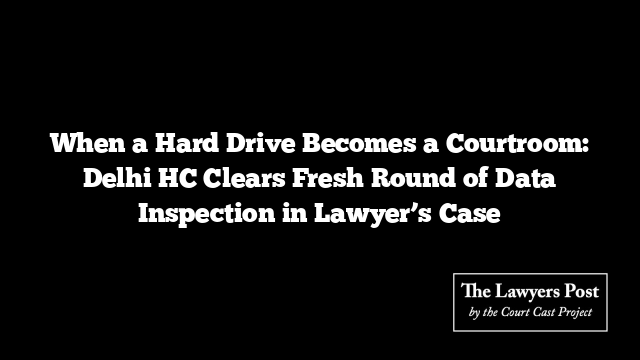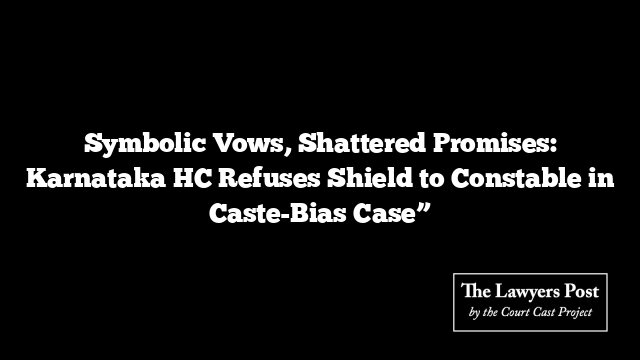In a saga where silicon and statute books collide, the Delhi High Court has once again opened the gates for the GST Department to comb through the digital heart of an advocate’s seized computer — but only under a watchful, courtroom-approved battalion of observers.
The story began when an advocate’s computer CPU was lifted during searches at his office and home, a move he challenged as an assault on attorney-client confidentiality. Though officials were granted two tightly guarded days in September to examine the device, they returned saying the job was only half-done — the data too dense, the time too short.
So the Court, after hearing both sides, permitted a second act.
A Bench cleared the path for officials to resume parsing the data, this time with a lineup resembling a small diplomatic mission: two lawyers for the advocate, court-appointed commissioners, and two GST representatives. The inspection must happen daily, capped at six hours, until the digital haystack is fully untangled.
Everything is to unfold in a forensic lab under the government’s umbrella, ensuring no free-roaming eyes wander into confidential territory. The rules are strict:
-
Even if the advocate disputes the relevance of certain files, the data will still be processed, with arguments on those objections reserved for later.
-
Once decoded, a copy of the parsed material must be handed to the advocate and stored securely with the commissioners on a fresh hard drive.
-
The forensic marathon must be completed by November 25.
The GST Department claims the advocate wasn’t just representing a gaming company under investigation — he was allegedly steering the business from behind the curtain. The advocate, for his part, insists the raid violated professional privilege and legal protections.
The upcoming hearing on December 4 will determine how the final tranche of parsed data will be handed over and what the Court expects next.
Between privilege, suspicion, and a hard drive at the centre of it all, the case now waits for its next chapter — one forensic file at a time.





